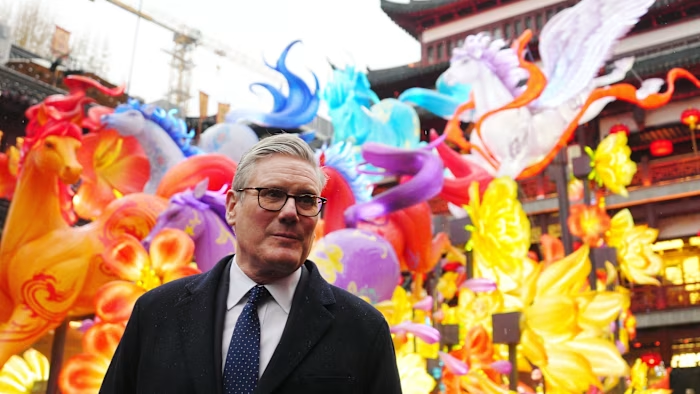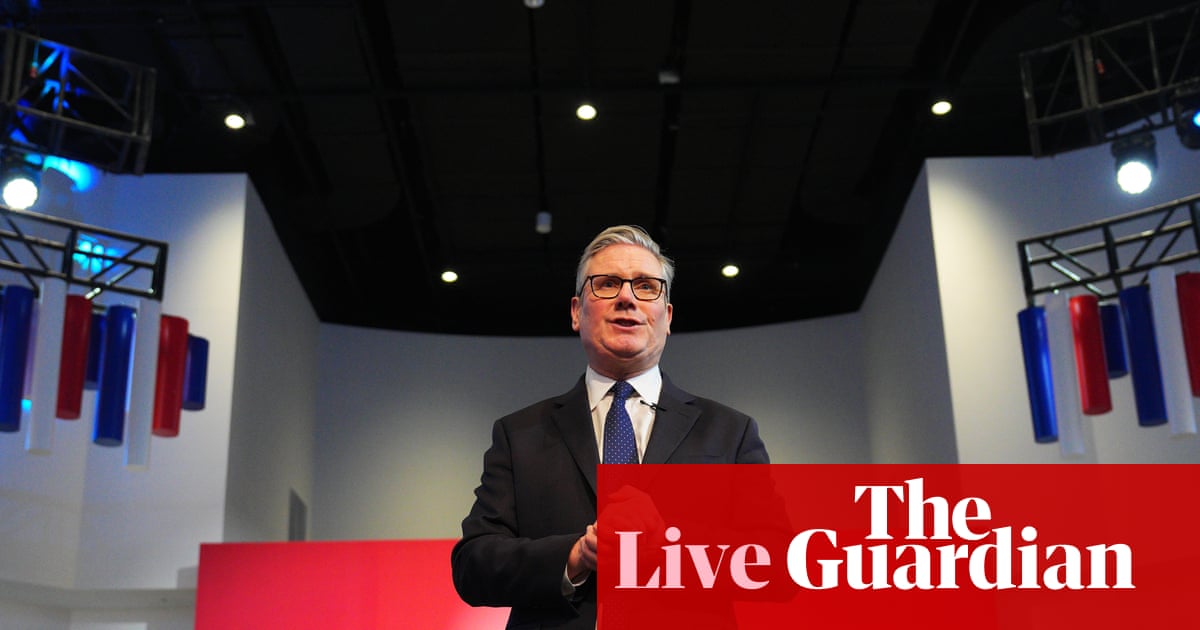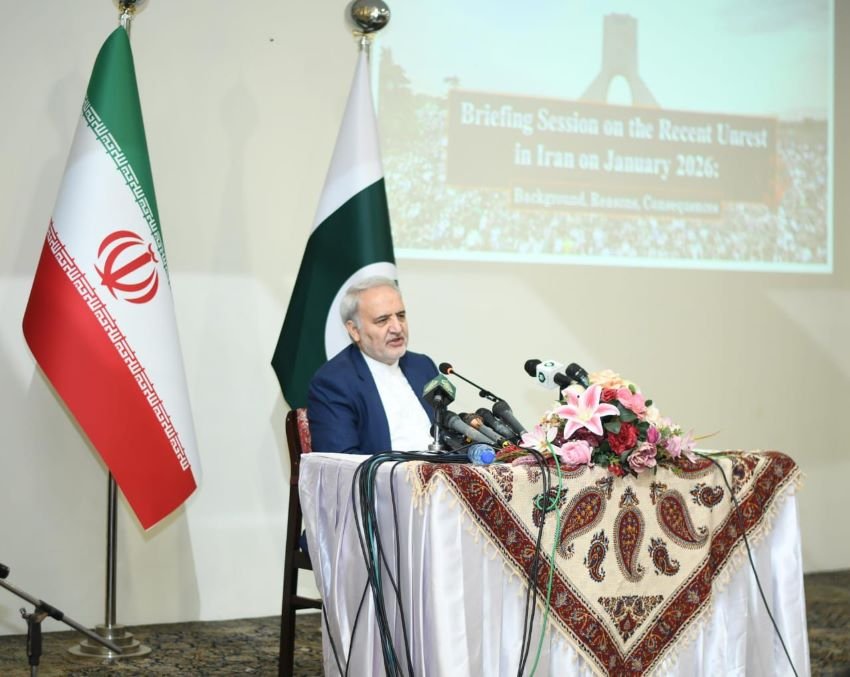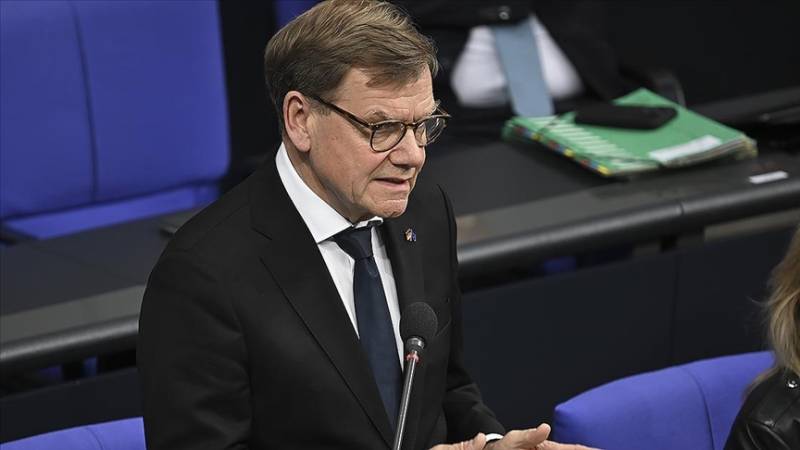- Bisan Owda says TikTok restores account but limits visibility Daily Times
- Gaza-based journalist Bisan Owda regains TikTok account after outcry Al Jazeera
- CAIR in the News, January 30, 2026 CAIR
- 🇺🇸 Adam Presser, the newly appointed CEO of…
Starmer shrugs off Trump’s criticism of ‘very dangerous’ deal with China
Keir Starmer has shrugged off comments made by Donald Trump that it was “very dangerous” for the UK to do business with China, suggesting that the US president “was…




